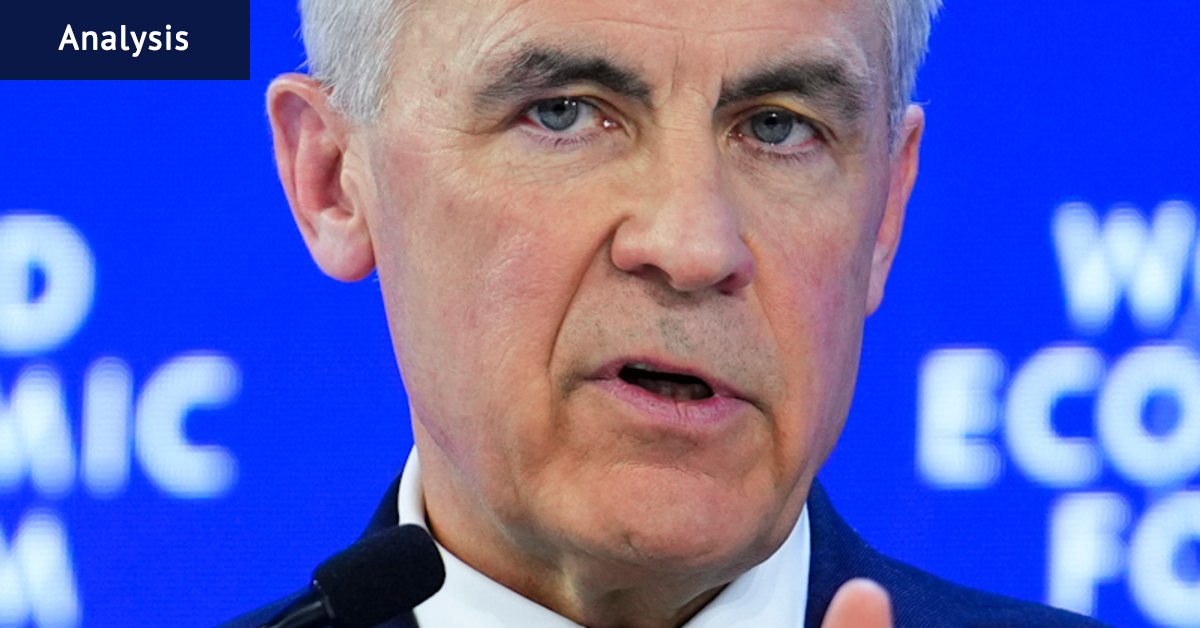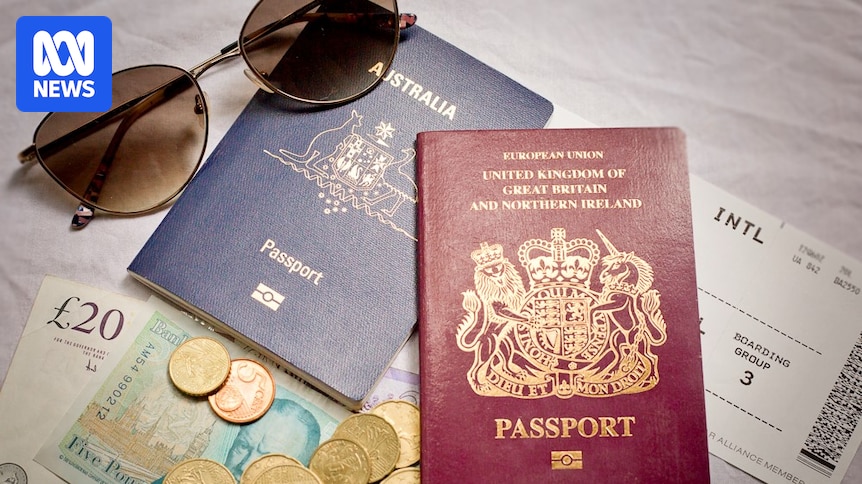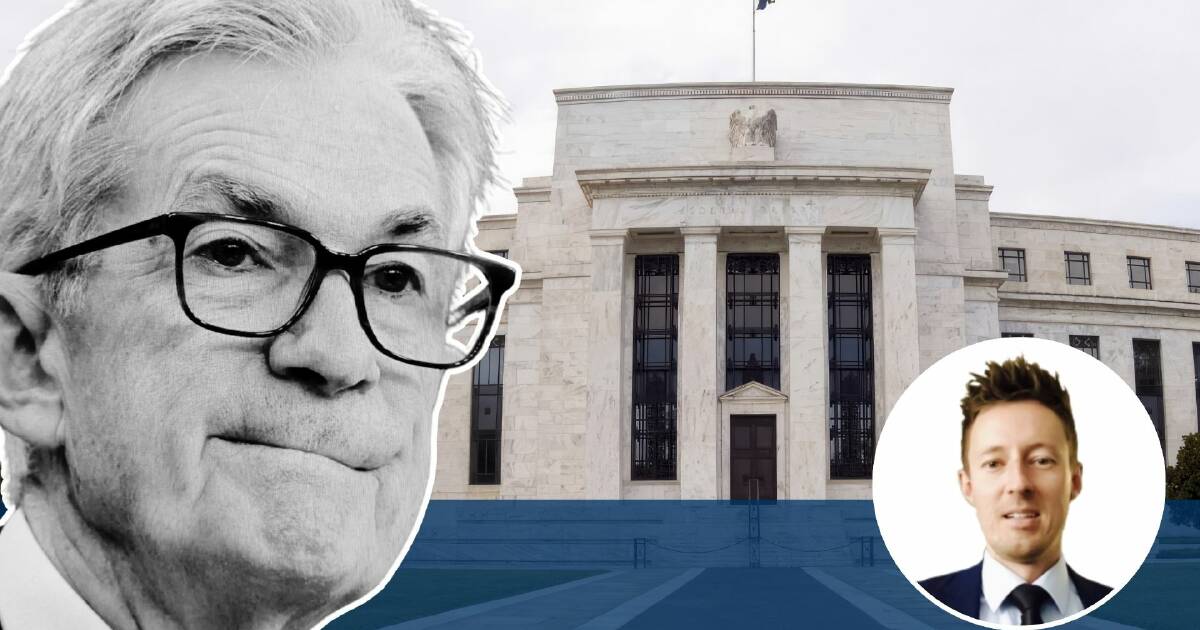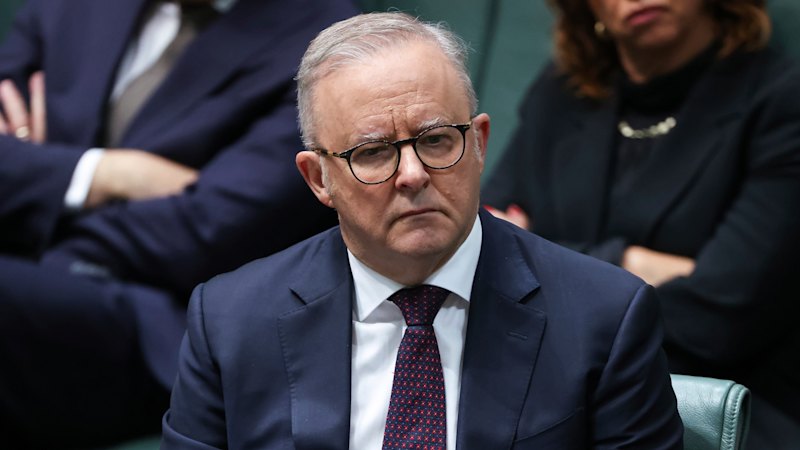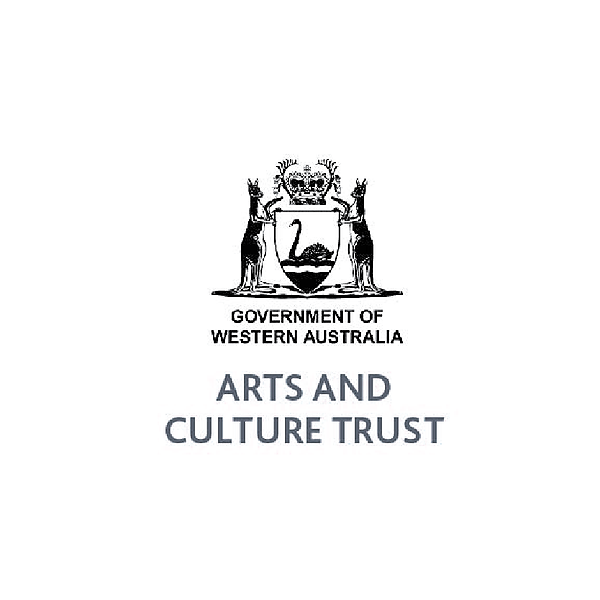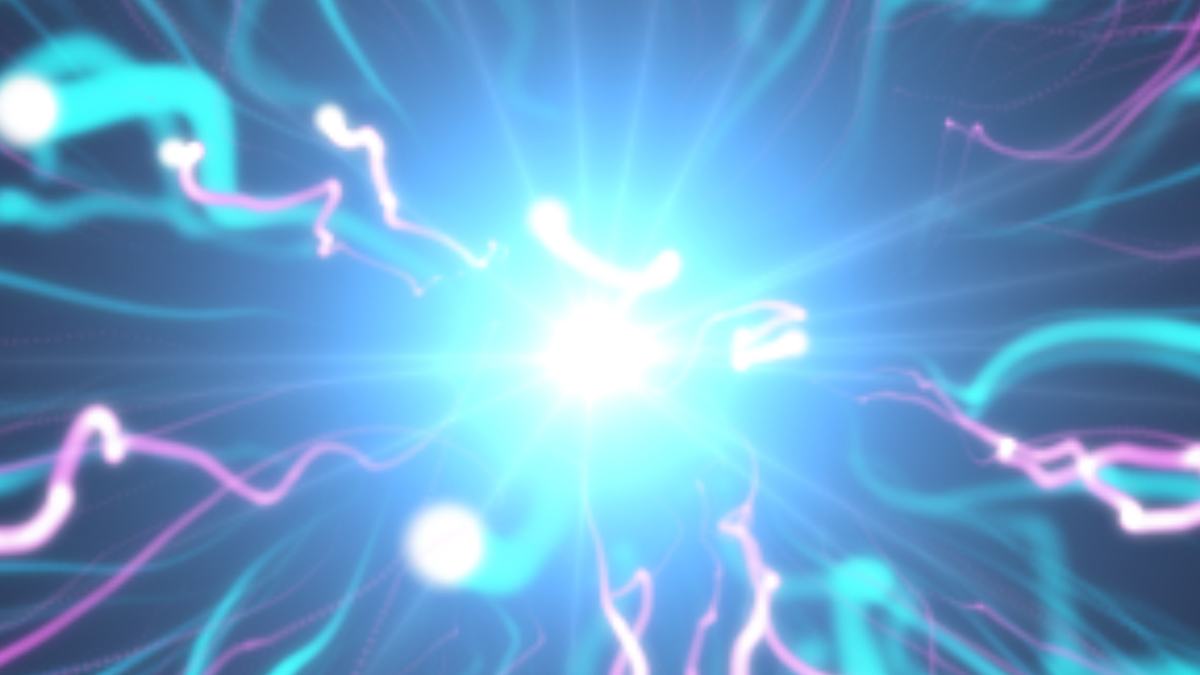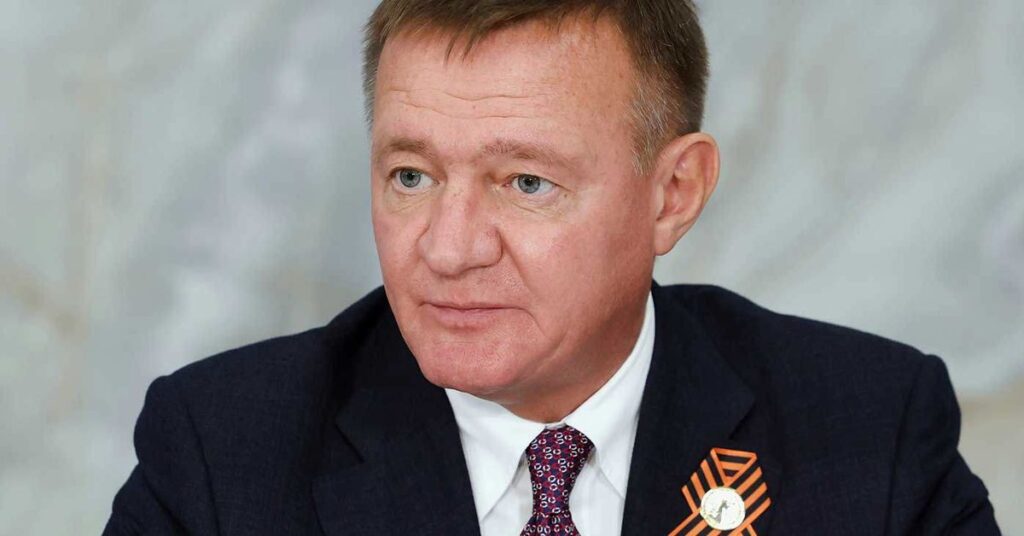
Russian Transport Minister Roman Starovoit was found dead from a gunshot wound in an apparent suicide, according to investigators. The news emerged shortly after the Kremlin announced his dismissal by President Vladimir Putin. The timing of his death has fueled speculation, particularly as it coincides with ongoing investigations into alleged corruption.
The Kremlin has not provided a reason for Starovoit’s firing. Starovoit, who had served as transport minister since May 2024, was discovered in his car in Odintsovo, a suburb west of Moscow known for its affluent residents. A gun, reportedly given to him as an official gift, was found beside his body. The Russian Investigative Committee, the country’s top criminal investigation agency, has launched a probe into his death, with suicide being considered the most likely cause, according to spokesperson Svetlana Petrenko.
Unfolding Events and Speculation
Law enforcement officials were seen removing Starovoit’s body from the scene on Monday evening. Andrei Kartapolov, a former deputy defense minister and current head of a defense committee in the lower house of parliament, told RTVI that Starovoit had died “quite a while ago.” Some Russian media outlets have suggested that he may have taken his life before the official announcement of his dismissal was made public.
Starovoit was last seen on Sunday morning in an official video from the ministry’s situation room, where he was shown receiving reports from officials. His sudden death has sparked widespread speculation about the reasons behind his dismissal and possible links to a corruption investigation.
Corruption Allegations and Military Setbacks
Reports from Russian media suggest that Starovoit’s dismissal could be connected to an investigation into the embezzlement of state funds earmarked for building fortifications in the Kursk region. Starovoit served as governor of this region before his appointment as transport minister. The alleged embezzlement is believed to have contributed to deficiencies in Russia’s defensive lines, which failed to prevent a surprise Ukrainian incursion in August 2024.
The incursion marked a significant blow to the Kremlin, as it represented the first occupation of Russian territory by a foreign power since World War II.
Following the incursion, the Russian military announced in April that it had fully reclaimed the border territory, nearly nine months after losing control. Starovoit’s successor as Kursk governor, Alexei Smirnov, resigned in December and was arrested on embezzlement charges in April. Some media outlets have speculated that Starovoit might have faced similar charges.
Political and Military Ramifications
The dismissal of Starovoit also came after a weekend of travel disruptions caused by Ukrainian drone attacks, which grounded hundreds of flights across Russian airports. However, commentators have noted that such disruptions have become routine amid frequent drone raids and are unlikely to have influenced his dismissal.
Shortly after the decree announcing Starovoit’s dismissal was published, Andrei Korneichuk, an official with a state railways agency under Starovoit’s ministry, collapsed and died during a business meeting, reportedly from a heart attack. This incident has added to the intrigue surrounding the events.
Broader Context of Corruption Investigations
The Kremlin’s official order releasing Starovoit from his post was published without explanation. Kremlin spokesman Dmitry Peskov praised Starovoit’s replacement, Andrei Nikitin, while declining to comment on the reasons for the change.
Russia has been grappling with a series of high-profile corruption cases, many of which have been linked to military setbacks in Ukraine. On Monday, Khalil Arslanov, a former deputy chief of the military’s General Staff, was sentenced to 17 years in prison on corruption charges. Arslanov was part of a broader investigation into alleged military graft involving several high-ranking officials close to former Defense Minister Sergei Shoigu.
Last week, Shoigu’s former deputy, Timur Ivanov, received a 13-year prison sentence for embezzlement and money laundering.
Shoigu, who has personal ties to Putin, has retained his position and was recently appointed as secretary of Russia’s Security Council. In another development, the Investigative Committee announced the arrest of Viktor Strigunov, the former first deputy chief of the National Guard, on charges of corruption and abuse of office.
Implications and Future Prospects
The death of Roman Starovoit and the surrounding circumstances highlight the ongoing challenges within Russia’s political and military structures. The investigation into his death and the broader corruption probes could have significant implications for the Kremlin’s internal dynamics and its handling of military affairs.
As the investigation unfolds, the Russian government will likely face increased scrutiny both domestically and internationally. The outcomes of these probes may influence the future of Russia’s leadership and its approach to governance amid mounting internal and external pressures.
